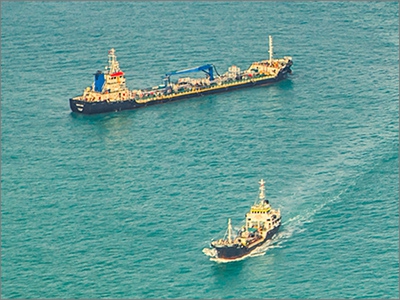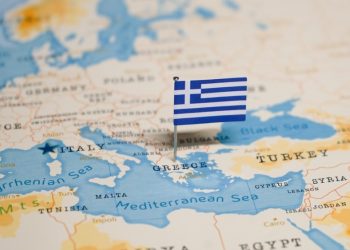Challenges faced and Lessons to be learned
Confidential Hazardous Incident Reporting Programme (CHIRP) has received a report related to overtaking.
Report text:
“Vessel was navigating in the Dover Straits; I observed on radar a vessel on my port quarter at a distance of 4.0 nm. I began plotting using ARPA; CPA was 0.0nm. I continued plotting and when it seemed no action was being taken I tried to call on DSC 70 and got no response. At a distance of 1.5nm I managed to contact the vessel, but the OOW told me that I had to alter course to starboard so he could overtake and he would alter course in 10 mins at his waypoint. I told him he had an obligation to me to alter course as he was the overtaking vessel. I then tried to contact Gris Nez Traffic on VHF 13, but then the OOW on the other vessel came on the radio and said he was overtaking and would be clear in 10 mins!!! [Ed: Vessels were < 8 mins from impact.] At this point I had no choice, but to put my helm hard to starboard to avoid a collision. Another near-miss in the Dover Strait by another seemingly inexperienced OOW, with no regard for the colregs.
CHIRP Comment
The overtaking vessel had elected to attempt to pass on the port side of the slower vessel with the Sandettie Bank close to port. This incident was brought to the attention of the overtaking vessels Operator, who responded as follows:
This company recognizes that the most important contribution towards safer ships and cleaner oceans is the safe navigation of ships. To achievethis, the Company commits itself towards the goal of navigational excellence.
It is our aim to employ well trained officers and crew onboard ships and to support our seagoing staff with on-going training in order to permanently update their knowledge on navigational practices and equipment.
The reported near-miss will be investigated and the responsible Master or Officer will be made aware of his responsibilities under the law and good seamanship.
Furthermore we will circulate the report (depersonalised) to all persons in our company involved with the navigation of ships. The safety of life, the ship or the environment are the most important factors to be taken into account when taking decisions for ship navigation or operation.”
The Board believes this is an appropriate Safety Management System response to an incident such as this and wishes to emphasise that the practice of good seamanship and the collision regulations may require a departure from the charted course and waypoints. Additionally, officers should not hesitate to call the master if in any doubt.
Source:CHIRP































































